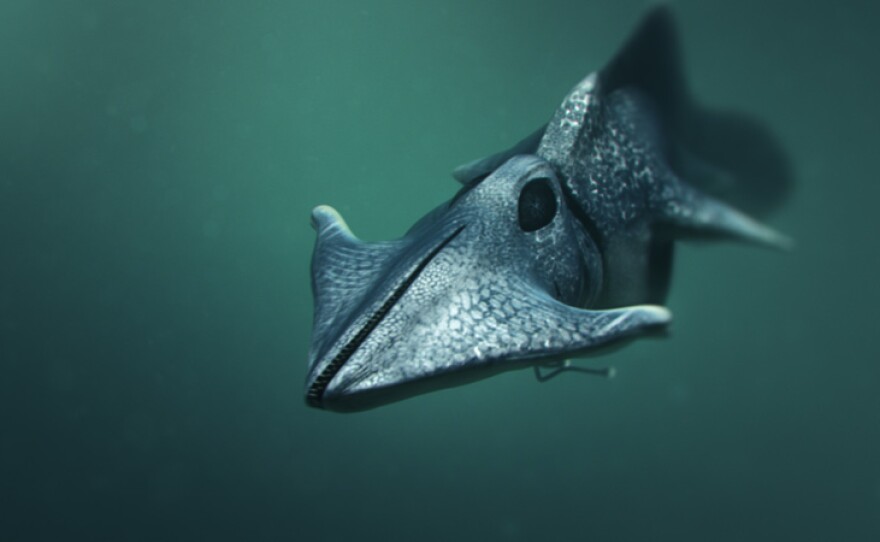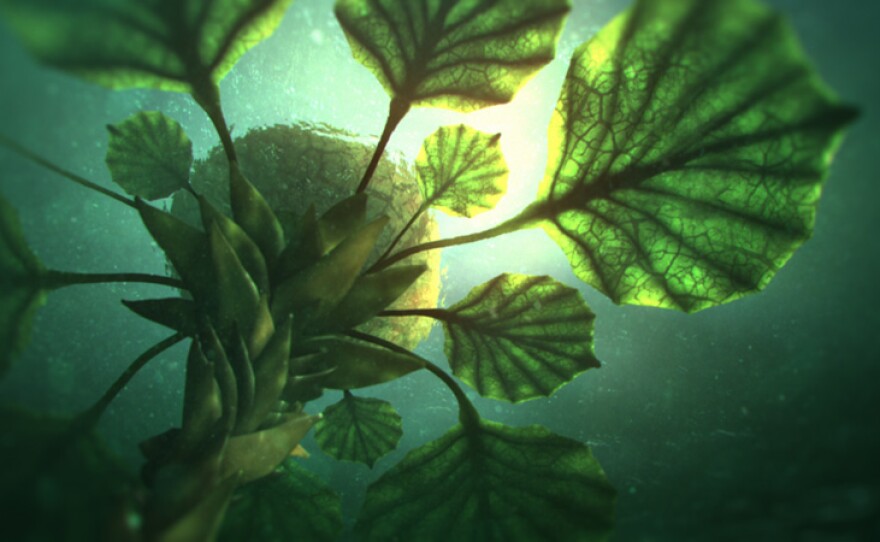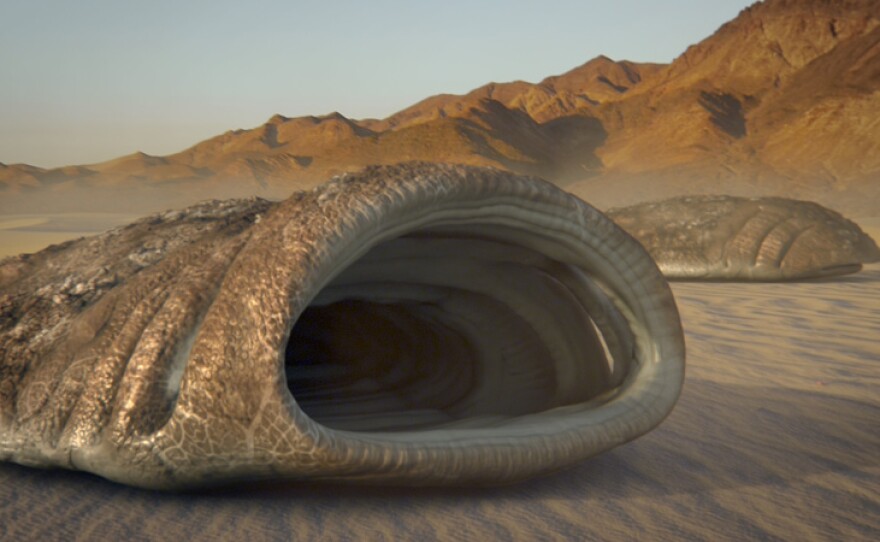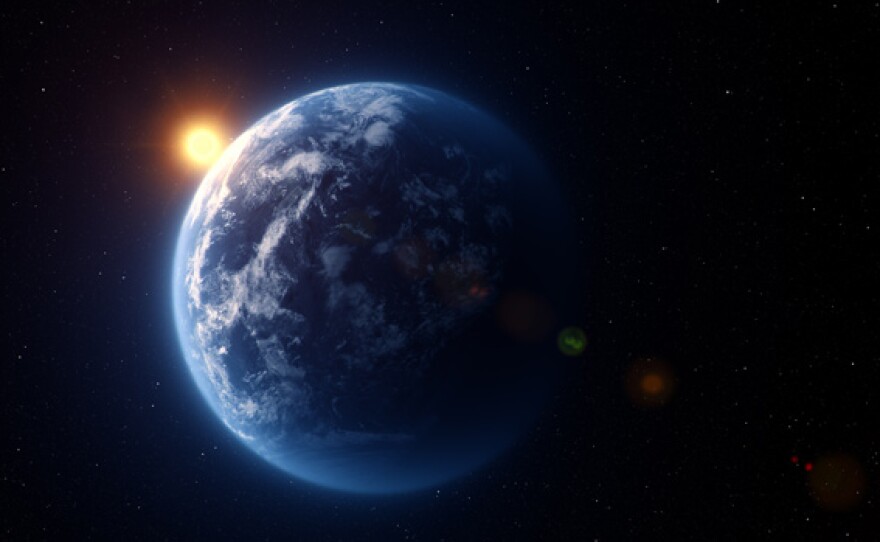


Explore the science behind the headlines in PBS’ premier science series. With compelling stories and spectacular visuals, NOVA programs demystify science and technology for viewers of all ages and spotlight people involved in scientific pursuits.
It’s a golden age for planet hunters: NASA’s Kepler mission has identified more than 3,500 potential planets orbiting stars beyond our Sun. Some of them, like a planet called Kepler-22b, might even be able to harbor life. How did we come upon this distant planet?
Combining startling animation with input from expert astrophysicists and astrobiologists, "Alien Planets Revealed" takes viewers on a journey along with the Kepler telescope. How does the telescope look for planets? How many of these planets are like our Earth? Will any of these planets be suitable for life as we know it?
Bringing the creative power of veteran animators together with the latest discoveries in planet-hunting, "Alien Planets Revealed" shows the successes of the Kepler mission, taking us to planets beyond our solar system and providing a glimpse of creatures we might one day encounter.
The Kepler Mission is on Facebook, and you can follow @NASAKepler on Twitter. Past episodes of NOVA are available for online viewing. NOVA is on Facebook, and you can follow @novapbs on Twitter.





